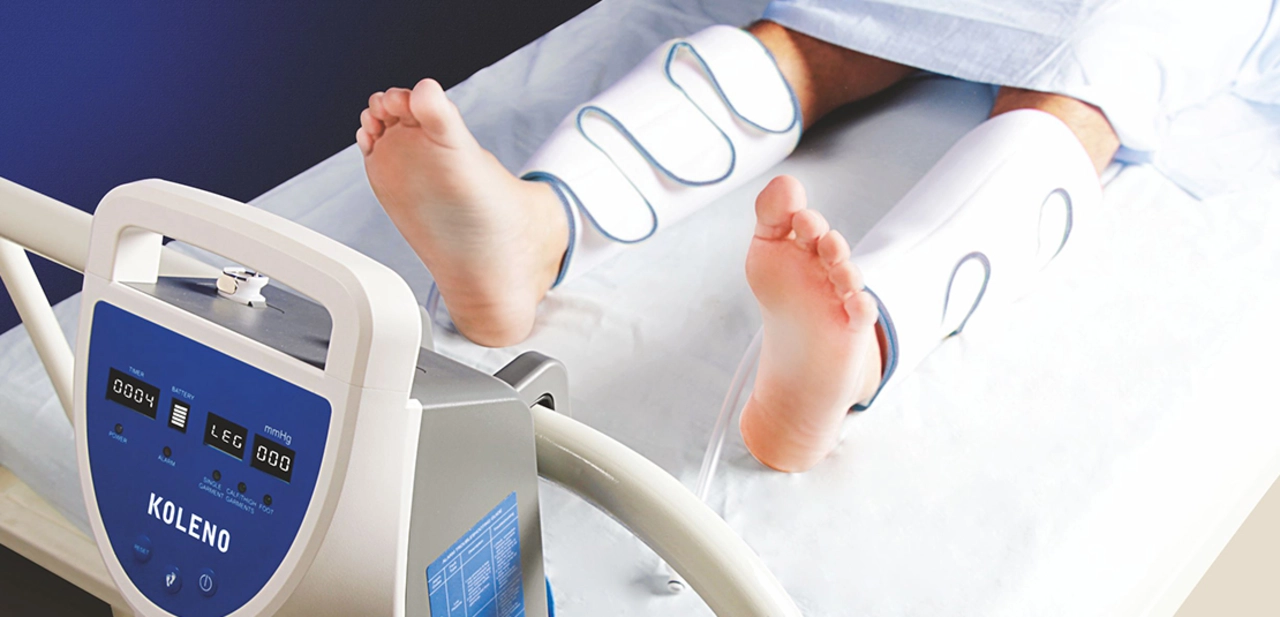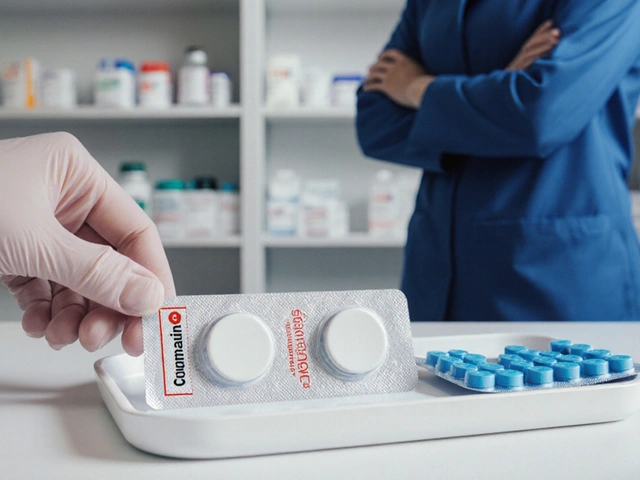Surgery: practical guides, safety tips and medicine advice
Facing surgery is stressful. On this tag page you'll find straightforward articles that answer the real questions: how to prepare, what to ask your surgeon, how to handle pain, and how to safely get the medicines you need after discharge. No fluff — just useful steps you can use right now.
Before surgery: a quick checklist
Start with a few simple tasks that make a big difference. Confirm the date, time and fasting rules with the hospital. Ask whether you should stop any medicines (blood thinners, supplements like fish oil or St John’s wort) and get that in writing. Bring a list of current drugs, allergies, and a contact for your primary doctor.
Ask these key questions at your pre-op visit: What are the main risks for my case? How many of this procedure have you done? What will recovery look like — pain level, time off work, and any rehab? Who do I call if something goes wrong after hours?
After surgery: what matters most
Follow wound care and medication instructions exactly. Take prescribed antibiotics or pain meds as directed; don’t skip doses unless your clinician says so. Watch for red flags: fever over 38°C (100.4°F), increasing redness, heavy bleeding, new numbness, or severe shortness of breath — call your surgeon or emergency services if any appear.
Pain control: use the lowest effective dose for the shortest time. Ask about non-opioid options like acetaminophen or ibuprofen if safe for you. If opioids are prescribed, store them securely and dispose of leftovers properly. If you’re worried about dependence, bring it up before you leave the hospital.
Medicine shopping and online pharmacies: many posts on this tag cover how to buy meds safely. If you order online, check for clear contact info, pharmacist access, prescription requirements, and secure payment. Look for pharmacy accreditation (country-specific regulators like the GPhC, FDA-registered importers, or verified seals). Beware of sites that sell prescription drugs without asking for a valid prescription.
Choosing a surgeon and hospital: consider experience and outcomes, not just price. Ask for complication rates and average recovery times for your age group. When possible, get a second opinion for major procedures. If you have chronic conditions (diabetes, heart disease), make sure your surgeon coordinates care with your regular specialists.
Practical recovery tips: arrange help for the first few days, prepare easy meals, and set up a comfortable spot at home with water, phone, and important numbers within reach. Keep follow-up appointments — many complications are caught early at routine checks.
If you want detailed reads, this tag groups posts on buying meds online, alternatives to common drugs, and clear explainers about specific medicines and procedures. Browse the list, read the ones that match your surgery type, and use the checklists here to feel more prepared and in control.










